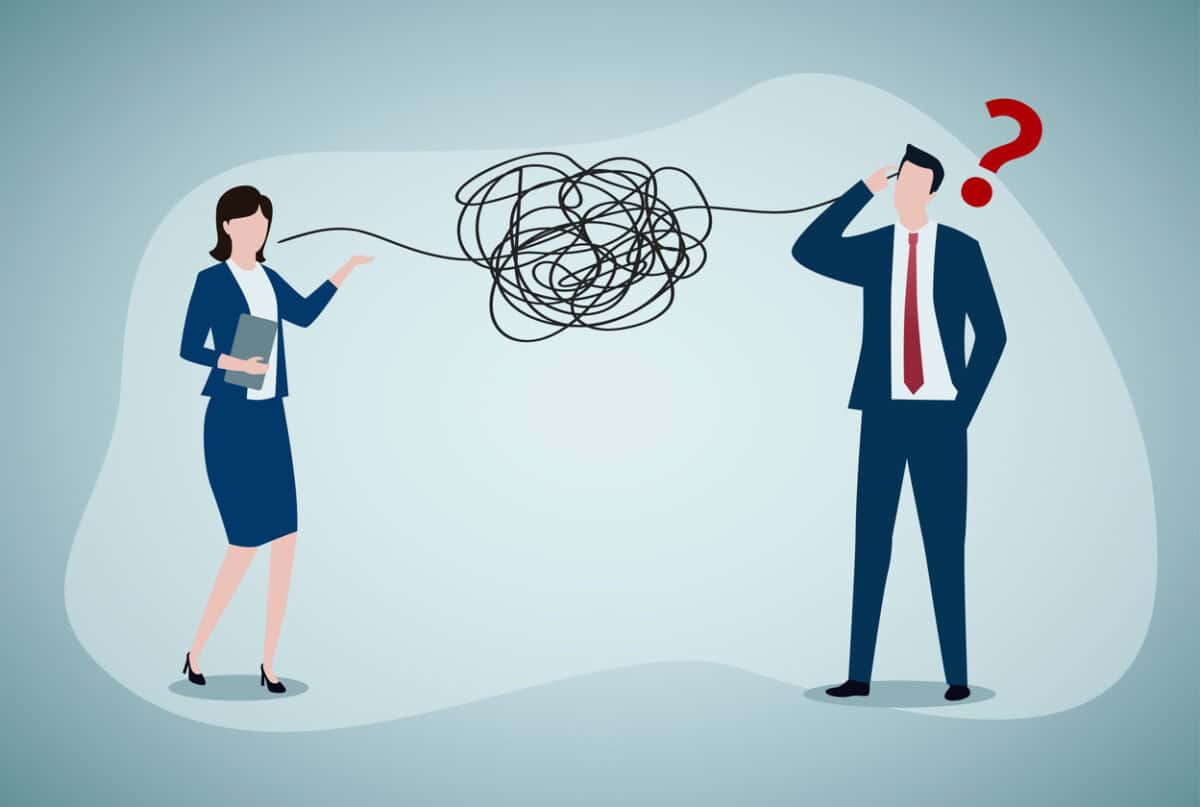I have written several articles on the moral foundations of occupational health and safety (OHS). This week, I sought assistance from the Bible via artificial intelligence apps, Text with Jesus and others. Below is that conversation and some useful, but synthetic, Biblical advice on managing a business safely.
Category: industrial relations
Inside the Psychosocial Safety Challenge: A Conversation with Ian Neil SC
“[Psychosocial hazards] is not coming, it’s arrived, and prosecutions will happen unless [employers] take serious steps to address the issue.”
Recently, I had the opportunity to interview Ian Neil SC on some occupational health and safety (OHS) matters related to psychosocial health.
Why Corporations Reject the Models That Would Prevent Harm
Walk through any corporate sustainability report and you’ll find the same familiar choreography: a glossy declaration of “unwavering commitment to safety,” a handful of photos featuring smiling workers in immaculate PPE, and a CEO foreword that reads like it was written by a risk‑averse committee. What you won’t find is any serious engagement with the economic structures that produce harm in the first place.
For decades, scholars have been mapping the relationship between capitalism and workplace injury. They’ve shown, with depressing consistency, that harm is not an aberration but a predictable by‑product of systems designed to extract value from labour while externalising risk. Yet when these same scholars propose alternative models — models that would reduce harm by redistributing power, stabilising labour markets, or democratising decision‑making — executives respond with a familiar repertoire of excuses.
This article examines why. In a couple of real-world case studies, corporations were presented with opportunities to adopt safer, fairer, more accountable models — and chose not to.
Because the truth is simple: executives don’t reject these proposals because they’re unworkable. They reject them because they work exactly as intended.
Another Step on the Long Road to Protecting Gig Workers
On October 21, 2025, the Australian Capital Territory’s Parliament debated (page P3249) expanding workers’ compensation to gig workers. Impediments to change were similar to those mentioned in various parliamentary inquires and debates ever since gig work developed into an industry sector and gig workers started to die at work. But the amendment passed so progress was made.
OHS Lessons from the Antoinette Lattouf Case
Just before Christmas in 2023, Antoinette Lattouf was taken off-air by the Australian Broadcasting Corporation halfway through her five-day contract as a radio fill-in. It sparked an acrimonious unfair dismissal dispute. Last week the Australian Labour Law Association held a webinar on the case which touched on the occupational health and safety (OHS) perspective.
Lazy Senators Are Not Doing Their Job
Safe Work Australia’s (SWA) executives are obliged to attend meetings of Senate Estimates committees to answer questions from Senators about their portfolios. Sometimes these can be tense and robust. Sometimes these appear to be a waste of time.
OHS and Politics
In support of Australia’s Safe Work Month, I have recorded a 12-minute opinion piece on how Australian politics since 2010 has affected the perception and development of occupational health and safety, based on past SafetyAtWorkBlog articles.
It is an interesting opportunity to reflect on the decisions and actions of influential individuals like Julia Gillard, Kristina Keneally, Jeff Lawrence, and David Gregory.







